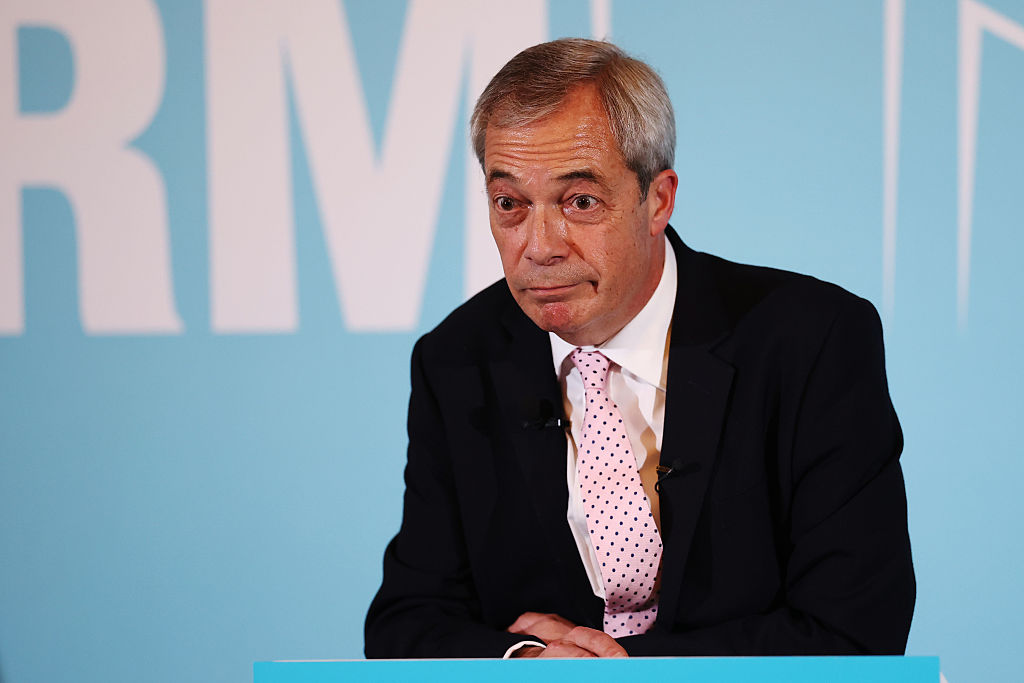In Britain, the leading political parties have just held their annual conventions. After a month of national political debates, lost in all the commentary about polling and positioning, is a larger and more consequential story about the changing dynamics of power. In a world where parties, prime ministers and presidents have long dominated the global stage, the spotlight is increasingly turning to a new group of leaders: mayors. And they are shifting the plot from talk to action.
In recent years, mayors have emerged as increasingly entrepreneurial actors on national and even international issues. They’re not only collecting trash and fixing roads, they’re also pioneering new ways to tackle job creation, healthcare, housing construction, climate change and more. They are bringing a spirit of innovation to city halls, as the best US mayors in both major political parties are doing, too.
This development is only natural, since mayors stand on the front lines of our biggest challenges. And, as frustration with national leadership grows around the globe, cities stand out as laboratories of renewal. Mayors are showing how progress happens in practice, by embracing pragmatic problem-solving, rather than ideological combat.
In London, Mayor Sadiq Khan has capitalised on devolution to reduce air pollution, provide school lunches for children and improve social services. Mayoral combined authorities in Greater Manchester and Liverpool are developing new ways to provide better transport, affordable housing and more effective police and fire services. Earlier this year, the British government announced six new regions that will develop mayoral combined authorities, a move that will put 80 per cent of the country under devolution.
Across the EU, local leaders are also raising their ambitions and asserting their power, even without new grants of authority. Finland’s capital Helsinki has gone without a traffic fatality for more than 365 days thanks to the mayor’s efforts to improve street design and public transport. Down in Spain, Madrid is one step closer to reaching net zero emissions, in no small part because of the mayor’s effort to transition the city’s bus fleet to electric power.
As mayors rise to meet the moment, it’s critical that they have the skills and capabilities needed to pursue bold ideas – and succeed. When I was first elected mayor of New York in 2001, just weeks after the terrorist attacks of 11 September, I had spent 20 years building and running a company. But most mayors arrive in office with little experience running complex organisations. They haven’t spent much time, if any, using data to manage performance; attracting and retaining talent; breaking down silos; improving customer service; solving complex problems by developing and implementing innovative solutions – and many other activities essential to success.
In the private sector, executive leadership and management training are the rule rather than the exception. But in the public sector, it essentially didn’t exist. And so, in 2017, Bloomberg Philanthropies formed a partnership with Harvard University to bridge the gap. Since then, the programme has trained mayors in eight of America’s ten biggest cities and more than 380 mayors worldwide, including in Liverpool and Greater Manchester.
Mayors have emerged as entrepreneurial actors on national and even international issues
Now, as Europe increasingly turns to its mayors, we are teaming up with the London School of Economics and Political Science and the Hertie School in Berlin to create the first-ever leadership program designed specifically for mayors and top city officials in the UK and across Europe. The inaugural class will include 30 mayors from 17 countries representing a diverse array of cities, from industrial centres and tourism magnets to university hubs and national capitals. The initiative will build their capacity to lead – aligning talent, tools and shared purpose to help them write Europe’s next chapter.
Over the course of the one-year program, which is backed through a $50 million grant from Bloomberg Philanthropies, mayors and their staffs will take part in training inside and outside the classroom, including one-on-one mentoring and coaching sessions. The focus of the sessions will be on strengthening their capacity to empower their teams, build partnerships with communities and businesses, bring new ideas and creativity to challenging problems, share lessons across city and national boundaries and accelerate progress they are already making.
As the world increasingly turns to mayors to deliver results, the stakes are much too high to expect them to go it alone. With the very best in leadership and management training, mayors can redefine what is possible for cities – and their countries – to accomplish. As they do, voters will see the virtue of electing problem-solvers over flamethrowers, with the benefits spreading far and wide. In the theatre of politics, as in life, Shakespeare’s words hold true: ‘Action is eloquence.’







Comments